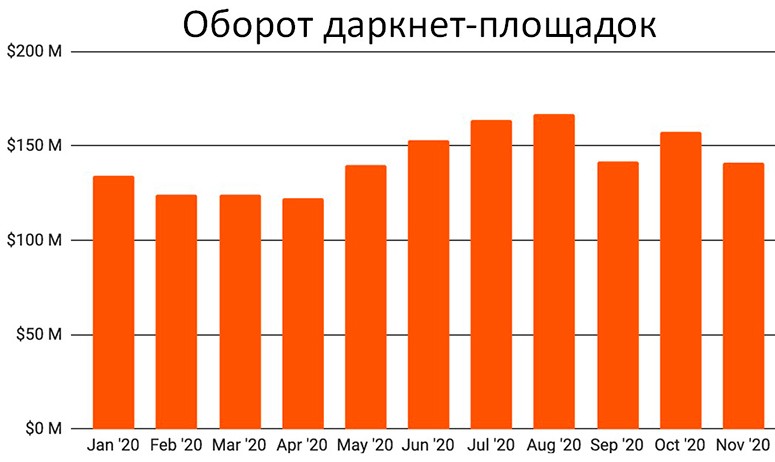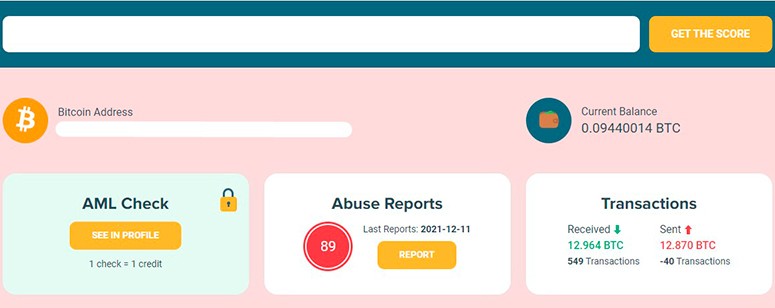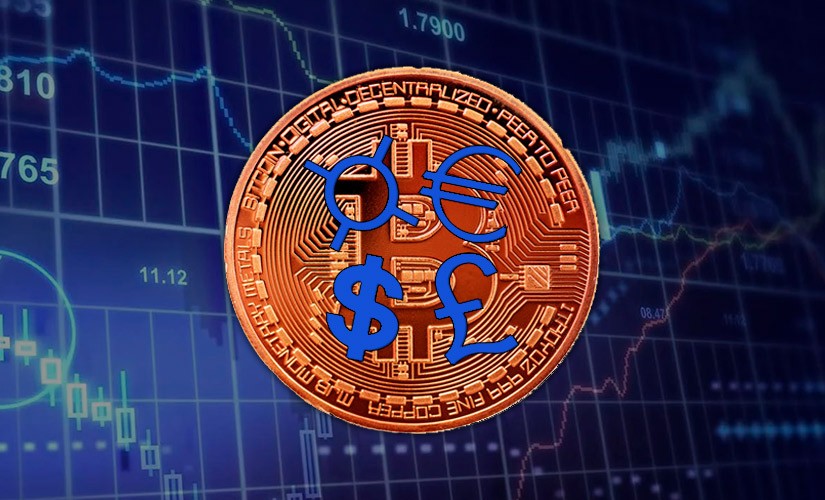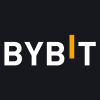At all times, fraudsters have tried to hide their actions from the state and good citizens. Many 21st century technologies, including the Internet, cryptocurrencies and anonymous communication systems, have made it easier to commit crimes. In particular, Bitcoin and altcoins allow digital currency to be transferred to disposable accounts. Attackers use this technology to accept payments and launder dirty money. But despite the high interest of criminals in cryptocurrencies, the dark side of Bitcoin is not as extensive as it may seem at first glance.
The history of shadow markets: from Silk Road to Hydra
It is believed that the first internet-based crime was committed as early as 1971 or 1972. A group of Stanford University students sold a batch of cannabis to their colleagues. But the real heyday of shadow markets came at the beginning of the XXI century. During this period, dozens of forums and trading platforms specializing in illegal transactions appeared on the Internet. As a result, the term “darknet” emerged. It is a generalized term for all the shadow resources of the World Wide Web, access to which is possible only through peer-to-peer protocols.
The Internet allows illegal traders to find accomplices while remaining anonymous. But the defendants of darknet sites had a serious vulnerability to the law – the availability of information about participants in financial transactions from banks and payment systems.
No matter how carefully a criminal hid his IP, network card number or browser fingerprints, sooner or later he had to withdraw dirty money to a card or account. Law enforcers could then find out his real name, residential address and even his phone number.
A single request was enough, and any bank would be obliged to provide people in shoulder straps with all the information about the suspect. Of course, some businessmen tried to confuse the traces by issuing cards and accounts to false persons. But even in this case, law enforcers had a lot of opportunities to trace the chain of contacts of the real attacker.
5020 $
bonificación para nuevos usuarios
ByBit proporciona condiciones cómodas y seguras para el comercio de criptomonedas, ofrece comisiones bajas, un alto nivel de liquidez y modernas herramientas para el análisis del mercado. Admite operaciones al contado y apalancadas, y ayuda a operadores principiantes y profesionales con una interfaz intuitiva y tutoriales.
Gane una bonificación de 100 $
para nuevos usuarios
La mayor bolsa de criptomonedas donde puede iniciar de forma rápida y segura su viaje en el mundo de las criptomonedas. La plataforma ofrece cientos de activos populares, bajas comisiones y herramientas avanzadas para operar e invertir. La facilidad de registro, la alta velocidad de las transacciones y la protección fiable de los fondos hacen de Binance una gran opción para los operadores de cualquier nivel.
The emergence of Bitcoin helped participants in criminal schemes become less vulnerable. Cybercriminals quickly recognized the advantages of transactions on blockchain networks. See the table for more details.
| Characteristics | Comentario |
|---|---|
| Anonymity | When creating a cryptocurrency wallet, you do not need to specify your name, residential address and provide personal documents. |
| No restrictions | Bitcoin has no administration. A user cannot be blocked at the request of law enforcement or by other means. |
| Irreversibility of transactions | Sent coins cannot be returned, even if the money was stolen from the rightful owner |
As a result, the darknet became the first marketplace to actively use digital currencies. Among the huge number of small sites and forums, a few of the largest platforms can be distinguished.
Silk Road
The first trading platform for the sale of illegal goods and services through the Tor network. Thanks to anonymization technology, criminals could engage in various illegal activities here.
Silk Road was launched in 2011. Despite the clearly illegal nature of the resource, it had its own restrictions. The site’s administration banned ads for the sale of bank card numbers and hitman services. The main turnover of the site was in narcotic substances and illegal medicines.
All transactions on Silk Road were paid for in BTC coins. According to calculations by Nicholas Christin, a professor at Carnegie Mellon University, in 2012 the average monthly turnover on the site was up to $1.22 million.
By comparing the volume of transactions on Silk Road and the total number of bitcoin payments, the researcher determined that 4.5% of all Bitcoin transactions are associated with the illegal platform. Thus, in 2012, out of 22 BTC coins, at least 1 was “dirty”.
Law enforcers for a long time failed to defeat Silk Road. But in October 2013, the U.S. intelligence services detained the founder of the resource William Ross Ulbricht. The administrator of the first darknet platform was sentenced to life imprisonment, and on the main page of the site appeared a “welcome” message from U.S. law enforcement officials about the closure of the site. This news collapsed the crypto market. On the day of Ulbricht’s arrest, the price of Bitcoin dropped from $128 to $86 for a while.
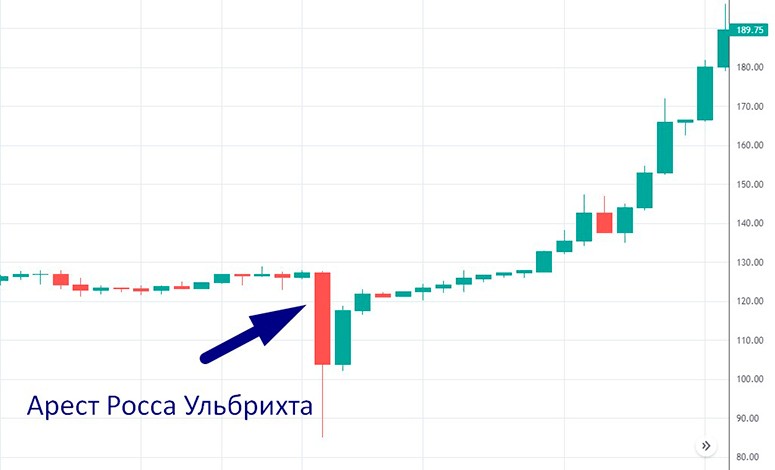
Atlantis
One of the main competitors of the Silk Road site. The Atlantis site existed for a short time – from March to September 2013. But this resource managed to go down in history as the first forum that accepted payments not only in BTC, but also in altcoins, such as LTC.
The platform stopped working on the decision of its creators. Fearing possible arrest, the administrator announced the closure of the resource. But some users believed that this decision had another reason: the leaders of the portal decided to steal the cryptocurrency of visitors, zeroing out some deposits.
Autor: Saifedean Ammousexperto en economía de las criptomonedas.



